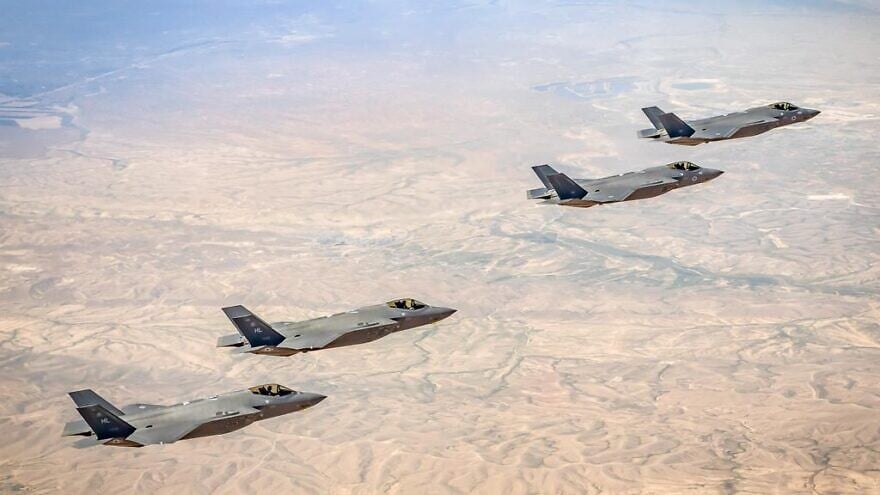by Ariel Kahana
Under the current agreement, most of the assistance is reserved for purchases from the American defense industry.

Israeli officials have begun weighing significant changes to the long-standing framework of American security assistance, which for decades has formed a central pillar of defense ties between Jerusalem and Washington. Prime Minister Benjamin Netanyahu hinted on Thursday that he intends to reduce Israel’s reliance on U.S. security aid, saying, “The direction is much greater independence. I expect to have something to say about this soon.”
For the past 50 years, since the 1973 Yom Kippur War, the U.S. has transferred a few billion dollars annually to Israel for defense needs. In the early years, Israel had considerable freedom in how to use these funds. Over the past decade, however, nearly the entire annual sum—now roughly $3.8 billion—has been designated for purchases from the American defense industry, according to the terms of the current agreement.
As global weapons development evolves, Israel’s economy has rapidly strengthened, and criticism within the U.S. of the current aid structure has grown. Against this backdrop, Israeli officials are increasingly open to rethinking the arrangement. A source familiar with the discussions told Israel Hayom that debates are underway in the Israeli defense and diplomatic establishments regarding what form future American assistance should take.
U.S. administration officials and pro-Israel members of Congress have recently asked Israel’s ambassador in Washington, Yehiel Leiter, whether Jerusalem seeks to renew the aid package. They are seeking clarity because the current agreement expires in 2028, and both sides want to avoid a gap by beginning negotiations on a new framework now.
Israel has not yet decided what the structure of a future agreement should be. A source familiar with the matter said there is clear openness to “thinking outside the box” to craft an entirely different model with the administration, in both substance and duration.
One option under consideration is shifting from an aid-based model to agreements focused on bilateral economic cooperation in military technology, which is of high value to both countries. Another possibility is establishing joint production frameworks for weapons systems co-developed by the two states.
President Donald Trump initiated the large-scale Golden Dome project, designed to protect U.S. airspace in the spirit of Israel’s Iron Dome interceptor. Israeli participation in that initiative could itself serve as a form of U.S. security assistance.
A senior official told Israel Hayom that, in practice, “what is known as U.S. aid to Israel has for many years essentially been a mechanism enabling the administration to ensure that American-made weapons are purchased with American funding. Israel is worth five CIAs to the U.S., and while the money comes from the American taxpayer, it ultimately cycles back into the U.S. economy. The public calls it ‘aid,’ but in reality, these are cooperative frameworks. It may be time to move from an aid model to something different.”
Originally published by Israel Hayom.
Ariel Kahana
Source: https://www.jns.org/israel-mulling-alternatives-to-us-security-aid/
No comments:
Post a Comment